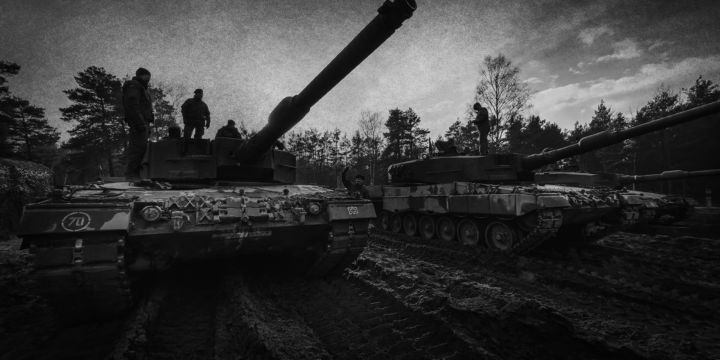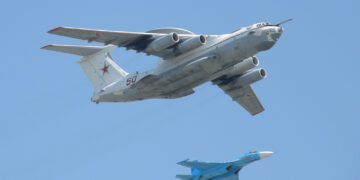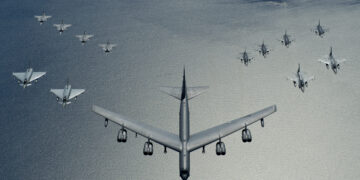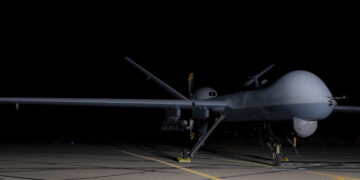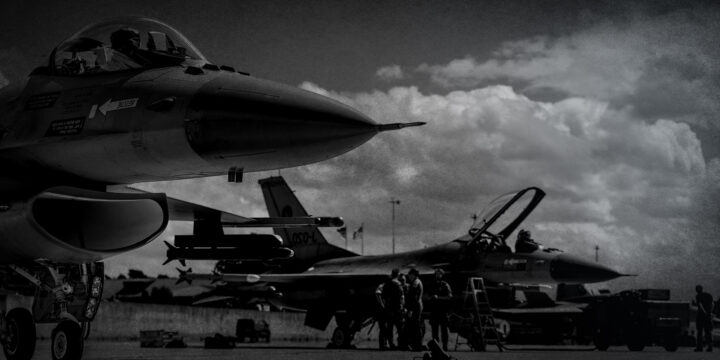April 18, 2025
What will Trump do if the Ukraine peace talks fail?
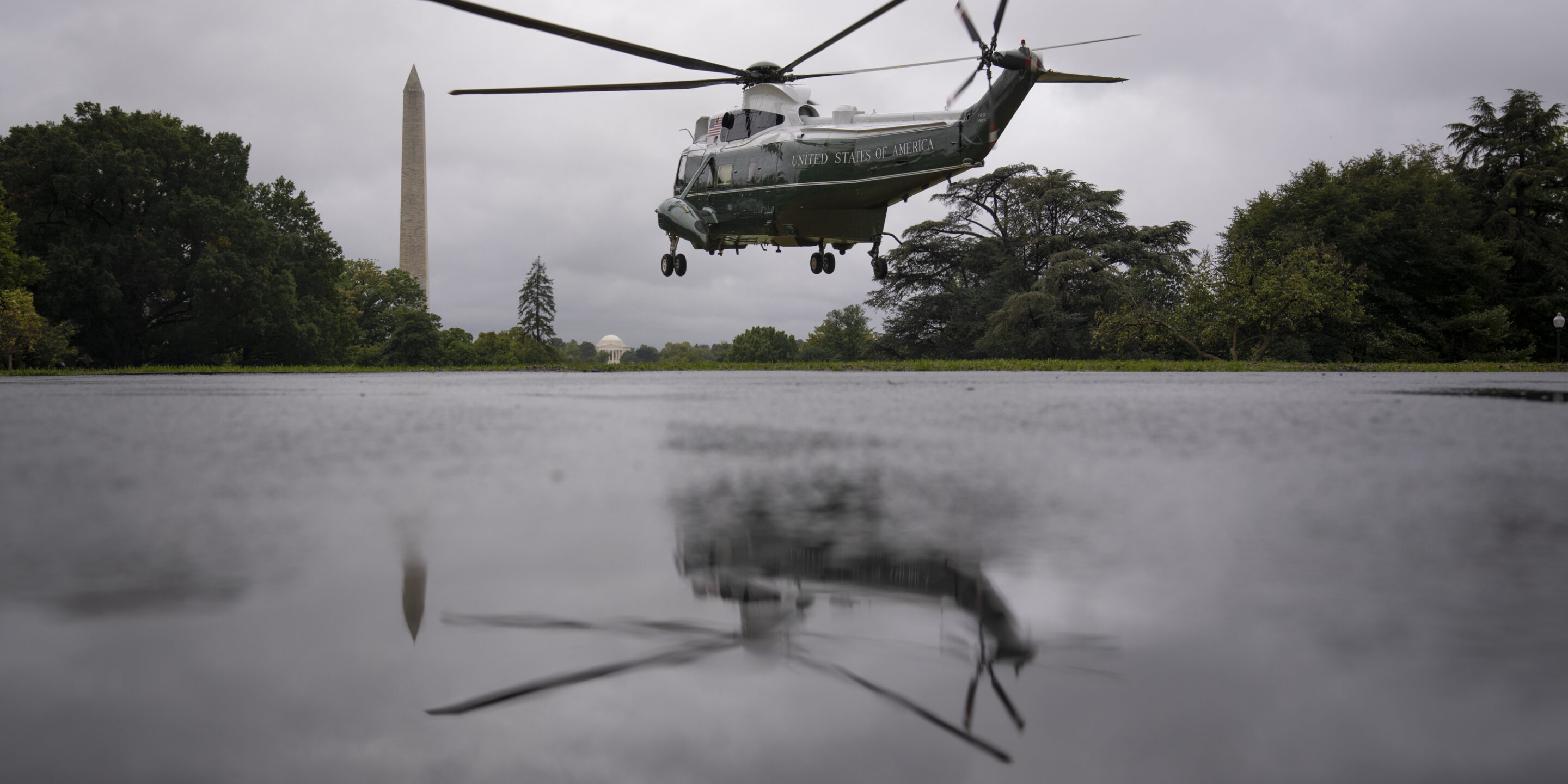
With the war in Ukraine now in its fourth year, Trump administration officials, including Donald Trump himself, have spent the last month dialing their Ukrainian colleagues, jetting to foreign capitals to meet with Ukrainian and Russian officials, and huddling with European ministers in an attempt to bring the conflict to a conclusion. The latest meeting happened this week, when U.S. Secretary of State Marco Rubio and Steve Witkoff, Trump’s special envoy, traveled to Paris for an all-hands session.
Trump, however, doesn’t have much to show for his efforts. U.S. officials continue to put on a brave face and insist that Trump—and only Trump—has the knowledge, skill-set and experience to negotiate an end to Europe’s deadliest war in 80 years. But a confluence of factors outside of his control—namely the actions of the combatants themselves—runs the high risk of killing off Washington’s diplomatic gamble before it has a chance to succeed. Even Trump, who once boastfully declared he could solve the war in 24 hours, is getting increasingly impatient with the entire enterprise.
It’s not like the Trump administration hasn’t notched any wins on the board. Given the intractability of the warring parties, the fact that Ukrainian President Volodymyr Zelensky was once impervious to negotiations with a tyrant like Vladimir Putin and the sheer hatred accumulated after three years of intense warfare, just getting Ukrainian and Russian officials into a diplomatic process can be labeled progress.
Yet the process hasn’t produced anything but dashed hopes. The March 11 joint statement announcing Kyiv’s support for an unconditional 30-day ceasefire was quickly rejected by Putin, who introduced a slew of questions about who would enforce it, how violators would be punished and when the core issues would be addressed.
More on Eurasia

By Geoff LaMear
October 11, 2025
Featuring Daniel Davis
September 25, 2025
Events on Ukraine-Russia
